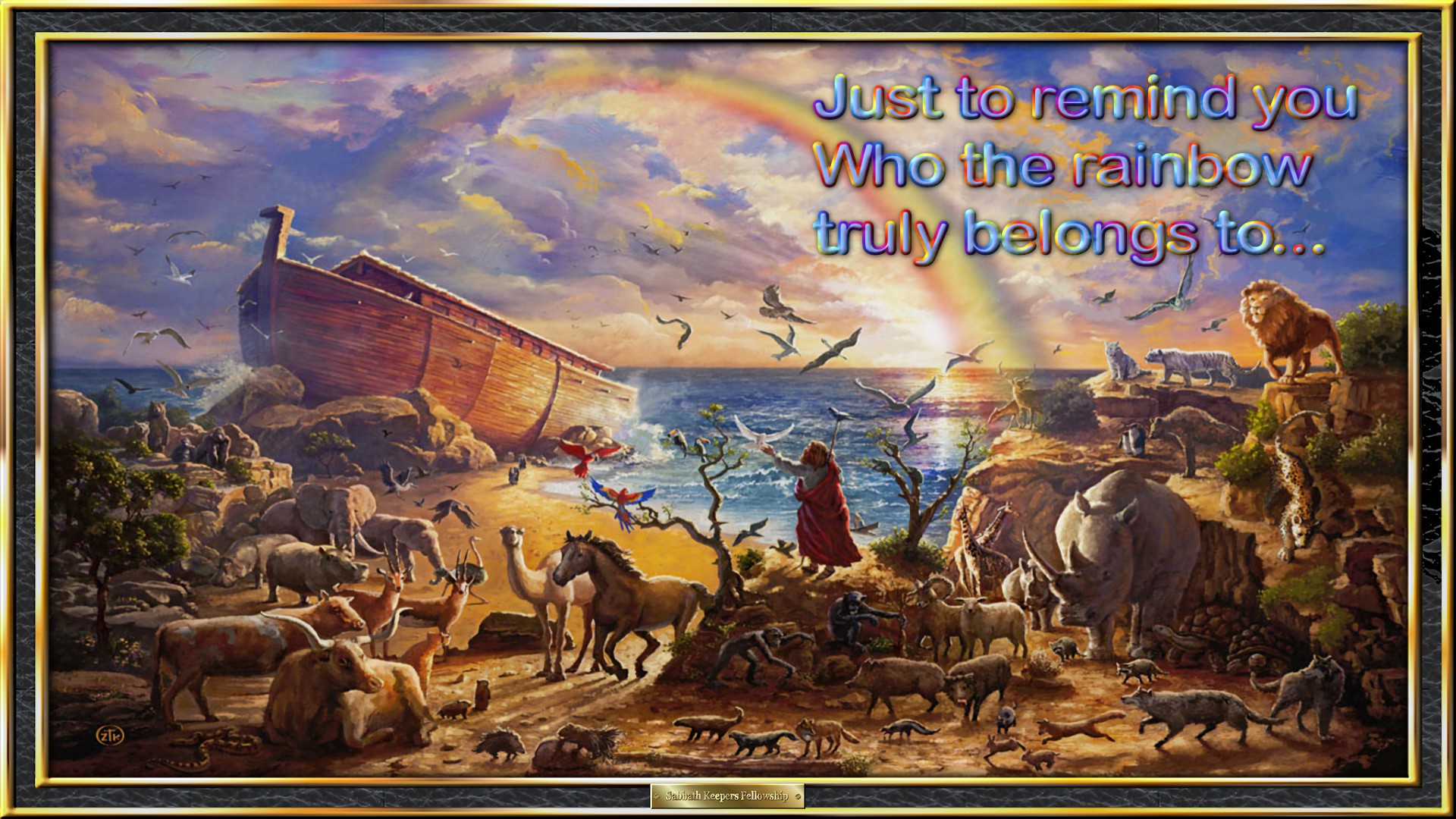Watch
Events
Articles
Market
More
I will confess for a long time I didn’t pay much attention to the genealogies in the Bible because I thought they were difficult and boring. Genesis 4:18, “Now to Enoch was born Irad, and Irad was the father of Mehujael, and Mehujael was the father of Methusael, and Methusael was the father of Lamech.” Every Hebrew name has a meaning and gives us an example of who the person was and how they fit into the history of the world.



"For, behold, the day cometh, burning as an oven, and it shall be that all proud ones, and all who do wickedly, shall be stubble, and burned shall they be by the day that cometh, saith Yahweh of hosts, that there shall not be left to them root or branch."
כִּי־הִנֵּה הַיּוֹם בָּא בֹּעֵר כַּתַּנּוּר וְהָיוּ כָל־זֵדִים וְכָל־עֹשֵׂה רִשְׁעָה קַשׁ וְלִהַט אֹתָם הַיּוֹם הַבָּא אָמַר יְהוָה צְבָאוֹת אֲשֶׁר לֹא־יַעֲזֹב לָהֶם שֹׁרֶשׁ וְעָנָף
Mal 4



During Ezra’s leadership, what sin of the returned exiles caused great concern?
#quiz #jerusalem #exile
PS: Discussions are very welcome, but please do not give the answer away in your discussions.
Hint: Ezra 9



Thought for Today: Wednesday October 22
James did not say: “count it all joy when you fall into an easy chair.” He said: “Count it all joy when you when you fall into various trials” {James 1:2} Joy is not the same as happiness – although they may overlap. Happiness depends on circumstances; joy depends on YHVH. Happiness vanishes when life turns painful; Joy keeps going and may even grow. Joy comes from a living, vital relationship with YHVH. It comes from knowing this world is only temporary, and someday we will be with YHVH forever… It comes from a life of submission to the Holy Spirit – regardless the circumstances



FROM THIS WEEK’S TORAH PORTION – NOACH:
“And Noach built an altar to YHWH, and took of every clean beast and of every clean bird, and offered ascending offerings on the altar. And YHWH smelled a soothing fragrance, and YHWH said in His heart, ‘Never again shall I curse the ground because of man, although the inclination of man’s heart is evil from his youth, and never again strike all living creatures, as I have done, as long as the earth remains, seedtime and harvest, and cold and heat, and summer and winter, and day and night shall not cease.’ And Elohim blessed Noach and his sons, and said to them, ‘Be fruitful and increase, and fill the earth. And the fear of you and the dread of you is on every beast of the earth, on every bird of the heavens, on all that creeps on the ground, and on all the fish of the sea – into your hand they have been given. Every creeping creature that lives is food for you. I have given you all, as I gave the green plants. But do not eat flesh with its life, its blood. But only your blood for your lives I require, from the hand of every beast I require it, and from the hand of man. From the hand of every man’s brother I require the life of man. Whoever sheds man’s blood, by man his blood is shed, for in the image of Elohim has He made man. As for you, be fruitful and increase, bring forth teemingly in the earth and increase in it.’ And Elohim spoke to Noach and to his sons with him, saying, ‘And I, see, I establish My covenant with you and with your seed after you, and with every living being that is with you: of the birds, of the cattle, and of every beast of the earth with you, of all that go out of the ark, every beast of the earth. And I shall establish My covenant with you, and never again is all flesh cut off by the waters of the flood, and never again is there a flood to destroy the earth.’ And Elohim said, ‘This is the sign of the covenant which I make between Me and you, and every living being that is with you, for all generations to come: I shall set My rainbow in the cloud, and it shall be for the sign of the covenant between Me and the earth. And it shall be, when I bring a cloud over the earth, that the rainbow shall be seen in the cloud, and I shall remember My covenant which is between Me and you and every living being of all flesh, and never again let the waters become a flood to destroy all flesh. And the rainbow shall be in the cloud, and I shall see it, to remember the everlasting covenant between Elohim and every living being of all flesh that is on the earth.’ And Elohim said to Noach, ‘This is the sign of the covenant which I have established between Me and all flesh that is on the earth.’”




Rhy Bezuidenhout
Have you personally looked at the translations whether it was done true? I don't have the Hebrew knowledge to do it and am always dubious of things when it is so clear but at the same time so hidden.
Delete Comment
Are you sure that you want to delete this comment ?